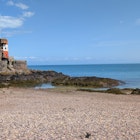
Jun 30, 2025 • 9 min read
The Channel Island of Jersey is blessed with white sand beaches, excellent seafood and many historic sites to explore.

Jun 30, 2025 • 9 min read
The Channel Island of Jersey is blessed with white sand beaches, excellent seafood and many historic sites to explore.

Jun 30, 2025 • 12 min read
Food can make or break a travel experience. From Texas to Spain and between, these destinations deliver sensory memories you won't soon forget.
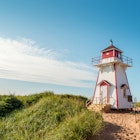
Jun 30, 2025 • 8 min read
The sandy beaches, fresh seafood and Indigenous culture of Prince Edward Island, Canada's smallest province, will lure you with its salt-of-the-earth charm.
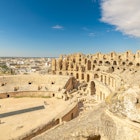
Jun 30, 2025 • 9 min read
Incredibly intact ruins of ancient Rome are dotted across Tunisia's landscape. Here's our pick of the best sites.
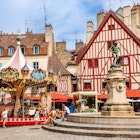
Jun 30, 2025 • 11 min read
The quintessentially rural region of Burgundy offers sensational food and wine, historic sights, cycling, canal boating and plenty of joie de vivre

Jun 30, 2025 • 7 min read
Planning your first trip to Bulgaria? Here’s when to go, what to see and how much to budget while you’re there.

Jun 29, 2025 • 8 min read
Alabama has a surprising variety of landscapes, vast biodiversity and a friendly cast of small Southern cities and towns to explore.

Jun 29, 2025 • 3 min read
If you're seeking a true Caribbean experience, with surfing, street food and local chilling, St Lucia is the place to be.

Jun 29, 2025 • 11 min read
Eating a fresh-from-the-bakery croissant – while in Paris – is the perfect sensory memory to mark your trip.
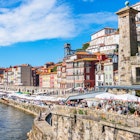
Jun 29, 2025 • 5 min read
Lisbon’s northern rival, Porto is a dynamic city of medieval lanes, sun-dappled plazas, lofty viewpoints, and great museums. Here's our pick of the best.

Jun 29, 2025 • 7 min read
A pair of passionate writers weighs in on the respective merits of these two fabled Rajasthani cities.

Jun 28, 2025 • 9 min read
Two writers pitch their favorite New Zealand spots – North and South Island – and the natural landscape and Indigenous culture that make each special.

Jun 28, 2025 • 12 min read
If you truly want to dip into Spanish culture, tapas and pintxos are the ideal gateway experience. Here, our list of the best from Seville to the Balearics.
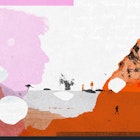
Jun 28, 2025 • 11 min read
Visitors take and ultimately return items from Mungo National Park, leading to a lifetime of bad karma. But atonement can lead to more than just better luck.

Jun 28, 2025 • 8 min read
Each of the six main Hawaiian Islands is a compelling destination, and our guide can help you pick which is the best for your interests and pace of travel.
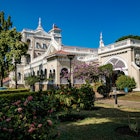
Jun 28, 2025 • 11 min read
An easy trip from Mumbai, Pune has historic structures, lively food and nightlife scenes, easy access to nature and much more.
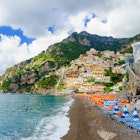
Jun 27, 2025 • 6 min read
Plan your trip one of Italy's most enchanting coastlines with this guide to seasons, crowds and places to stay.

Jun 27, 2025 • 8 min read
Little Lago d'Iseo hardly gets a mention compared to the other Italian Lakes. Here's why it's worth a visit.

Jun 27, 2025 • 12 min read
If you've ever imagined sand dunes and a palm-fringed oasis, you were probably dreaming of the Algerian Sahara.

Jun 27, 2025 • 10 min read
A writer connects with her long-time friends and finds release and magic on the trail in Shenandoah National Park.
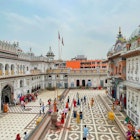
Jun 27, 2025 • 7 min read
Discover Nepal’s top things to do in 2025: trek the Himalayas, explore cultural heritage, enjoy wildlife safaris and experience thrilling adventures.
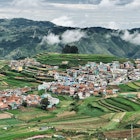
Jun 27, 2025 • 7 min read
Straddling the states of Tamil Nadu and Kerala, the Western Ghats in India are a wonderland of lush tea gardens, hill stations and rare wildlife.